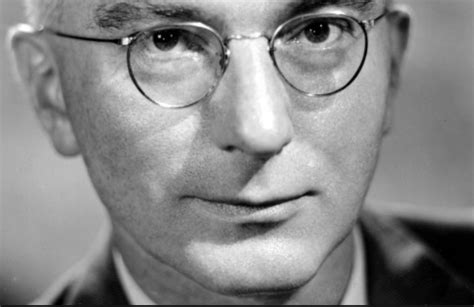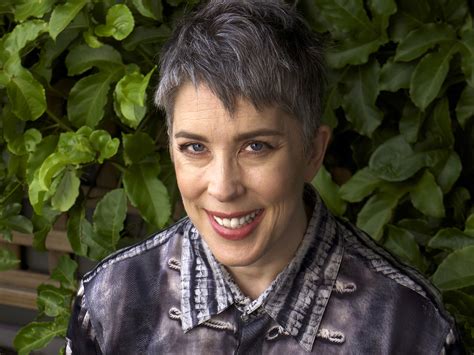A Quote by Ashwin Sanghi
A western audience might not appreciate 'Chanakya's Chant' because of its dependence on history and ancient statecraft. My book is a modern-day thriller that draws on a bedrock of history. My primary object is to entertain, not educate.
Related Quotes
I re-read The History of White People by Nell Irvin Painter. It's a book every one should read, particularly Americans, as the USA is her primary focus. Her book demonstrates that white is not universal, that white is not neutral, that it has a history, which she eloquently delineates. It's not often you finish a book understanding how the world operates better than before you read it.
'A Naval History of Britain' which begins in the 7th century has to explain what it means by Britain. My meaning is simply the British Isles as a whole, but not any particular nation or state or our own day... 'Britain' is not a perfect word for this purpose, but 'Britain and Ireland' would be both cumbersome and misleading, implying an equality of treatment which is not possible. Ireland and the Irish figure often in this book, but Irish naval history, in the sense of the history of Irish fleets, is largely a history of what might have been rather than what actually happened.
History is a living horse laughing at a wooden horse. History is a wind blowing where it listeth. History is no sure thing to bet on. History is a box of tricks with a lost key. History is a labyrinth of doors with sliding panels, a book of ciphers with the code in a cave of the Saragossa sea. History says, if it pleases, Excuse me, I beg your pardon, it will never happen again if I can help it.
































